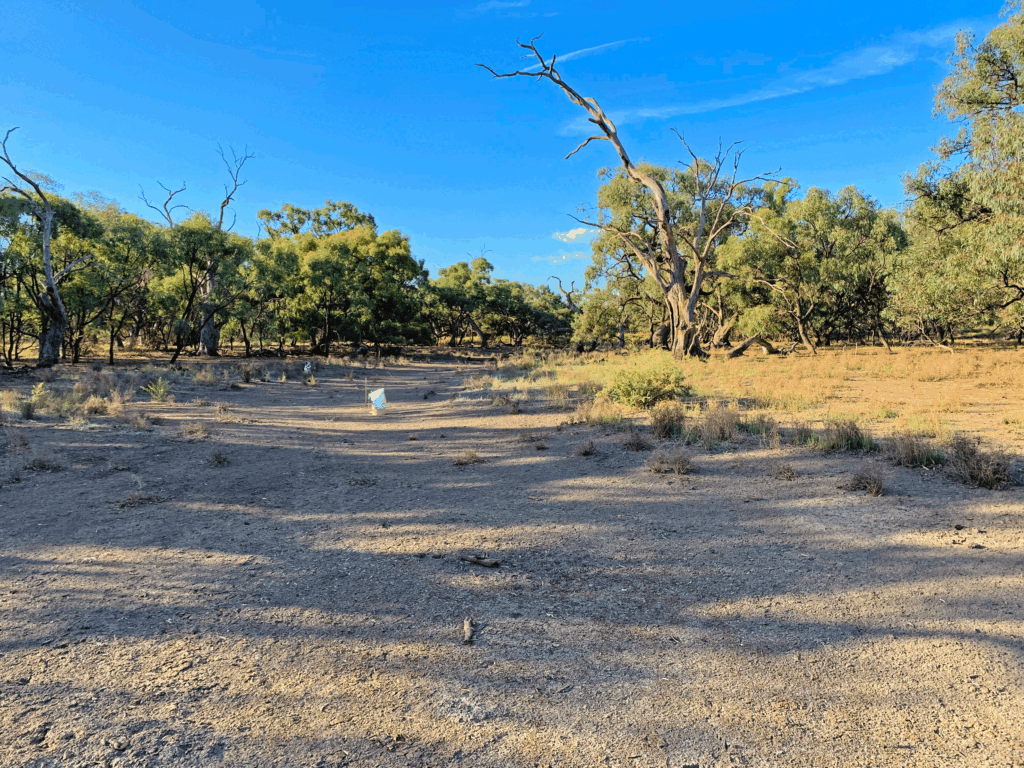
BREAKING: New research confirms that restoring wetlands can dramatically enhance climate resilience, cutting carbon emissions by 39 percent within just one year. This urgent update highlights the critical need to rehabilitate floodplain and riparian wetlands, which are crucial for boosting water quality and combating floods and droughts.
Conducted by researchers from RMIT University, the study demonstrates that restored wetlands not only serve as vital carbon sinks but also improve ecosystem functions almost immediately. Dr. Lukas Schuster, the study’s lead author, emphasizes that these findings provide a “clear case for action.” This is an immediate call to restore wetlands, which cover less than 10 percent of the Earth’s surface yet contribute significantly to global methane emissions.
The research revealed that floodplain wetlands, which comprise over half of global wetland areas, can offer substantial climate benefits without the methane spikes often seen in other restored ecosystems, like peatlands. While peatlands can release up to 530 percent more methane post-restoration, floodplain wetlands show a much more favorable carbon dynamics profile.
In Victoria, researchers compared three degraded wetlands with three restored sites along the Loddon River. Results showed that restored wetlands increased surface organic carbon stocks by 12 percent in just one year, while control sites experienced a 10 percent decline. Additionally, soil moisture levels rose by 55 percent, indicating a strong potential for drought mitigation.
According to Dr. Schuster, these ecosystems act as “nature’s purification system,” effectively removing nitrogen from waterways while enhancing carbon storage. He stresses the urgent need for action, stating, “Now we know even more about the important role they play and how quick their recovery can be.”
The implications of this research extend beyond environmental benefits. Restoring wetlands can significantly reduce fish kills and harmful algal blooms, which have plagued areas like the Tuckean Nature Reserve in New South Wales. With an estimated 50 percent loss of wetlands in NSW since 1788, the findings underscore a pressing need for a new approach to land management.
Ray Klerck, President of the OzFish Richmond River Chapter, calls the study a “clear call to action.” He emphasizes the dual benefits of wetland restoration: combating climate change and improving local ecosystems. “For a river system like the Richmond, which has suffered from fish kills and poor water quality, recovery can start within a year,” Klerck asserts.
The research results serve as a wake-up call for policymakers and conservationists alike. By managing freshwater wetlands effectively, authorities can achieve not only carbon benefits but also healthier farmland and thriving ecosystems.
As climate change intensifies, the restoration of wetlands could be a game-changing strategy for mitigating its impacts. The study demonstrates that immediate action is essential to harness the full potential of these vital ecosystems.
Stay tuned for further updates as this research continues to unfold and inform future land management policies.






